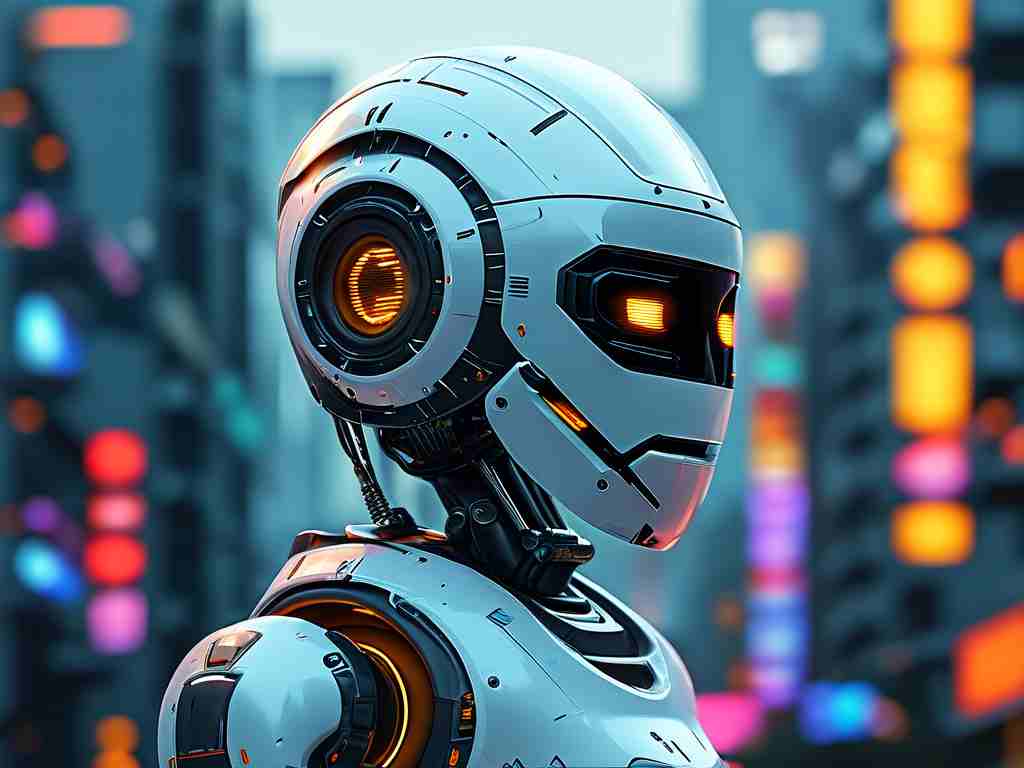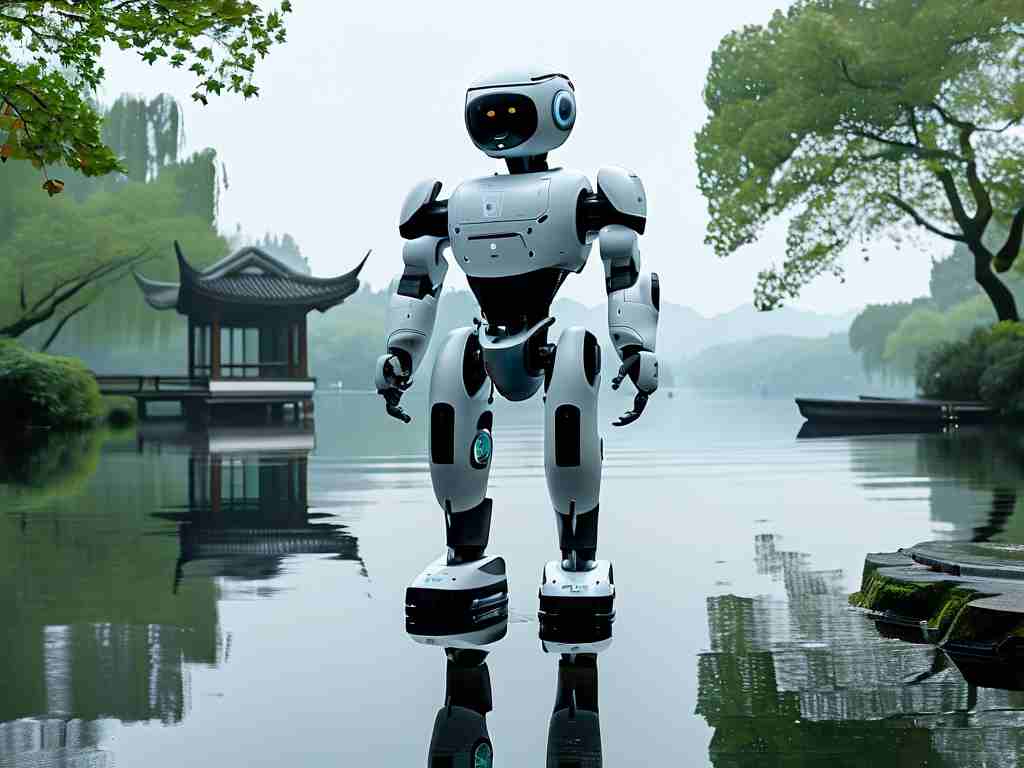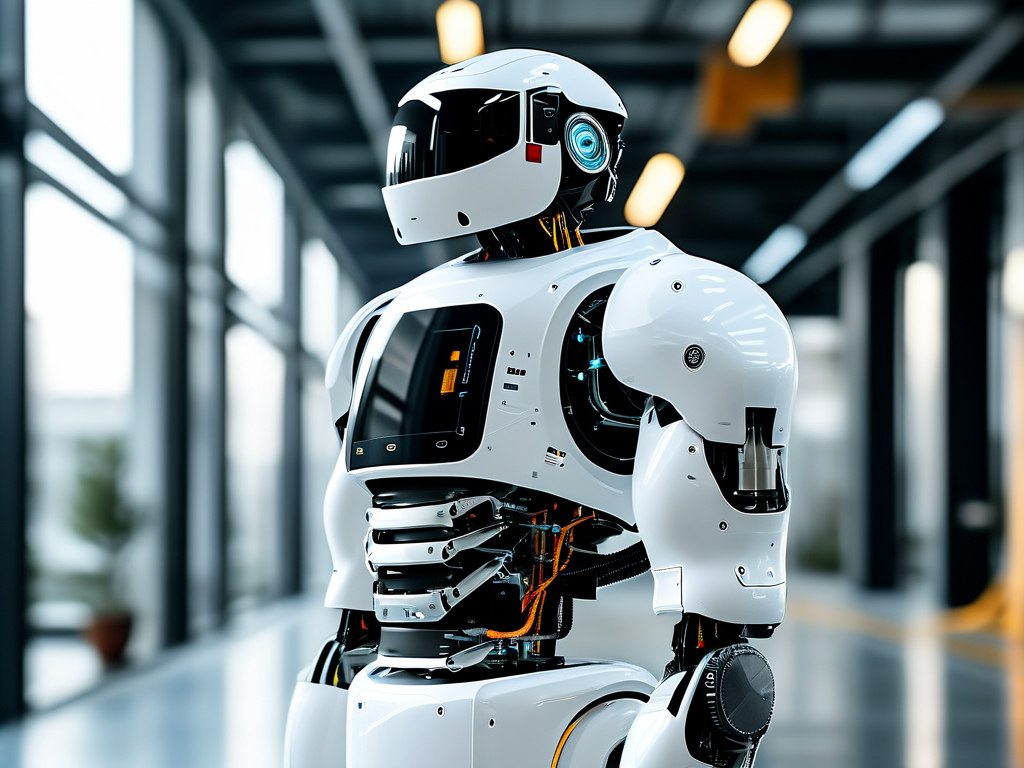In the rapidly evolving landscape of industrial automation, Qingbao Robotics has emerged as a trailblazer, redefining how businesses integrate intelligent systems into their workflows. With a focus on precision, adaptability, and scalability, the company’s cutting-edge robotic solutions are reshaping sectors ranging from manufacturing to healthcare. This article explores the technological advancements behind Qingbao Robotics and their far-reaching implications for global industries.

The Core of Qingbao’s Innovation
At the heart of Qingbao Robotics lies its proprietary motion-control algorithms, which enable machines to perform complex tasks with sub-millimeter accuracy. Unlike conventional robotic systems that rely on pre-programmed paths, Qingbao’s adaptive learning modules allow robots to analyze environmental variables in real time. For instance, in automotive assembly lines, Qingbao’s collaborative robots (cobots) can detect minute deviations in component positioning and autonomously adjust their grip strength and trajectory. This capability has reduced production errors by 34% in early adopter factories, according to a 2023 industry report.
Another breakthrough is the company’s hybrid sensor architecture. By combining LiDAR, thermal imaging, and tactile feedback systems, Qingbao’s robots achieve unparalleled situational awareness. A notable application is in hazardous material handling, where these robots navigate high-risk environments while maintaining operational integrity. In one case study, a Qingbao-equipped robot successfully managed chemical spill containment at a nuclear facility, operating for 72 consecutive hours without human intervention.
Industry-Specific Transformations
Qingbao’s impact extends across multiple verticals. In agriculture, the company’s autonomous harvesters utilize multispectral imaging to identify crop ripeness levels, optimizing pick-and-sort processes. Farmers using these systems report a 22% increase in yield efficiency compared to traditional methods. Meanwhile, in healthcare, Qingbao’s surgical-assist robots are revolutionizing minimally invasive procedures. These devices incorporate haptic feedback mechanisms that simulate tissue resistance, allowing surgeons to perform delicate operations with enhanced tactile precision. Clinical trials show a 40% reduction in postoperative recovery times for patients treated with Qingbao-assisted surgeries.
The logistics sector has also seen dramatic improvements. Qingbao’s warehouse management robots employ swarm intelligence algorithms to coordinate item retrieval and inventory restocking. During a pilot project with a major e-commerce platform, these robots reduced order fulfillment times by 19% while cutting energy consumption by 28% through optimized route planning.
Ethical and Economic Considerations
As Qingbao’s technologies proliferate, questions about workforce displacement have surfaced. However, company data suggests a more nuanced narrative. In factories implementing Qingbao systems, 61% of employees transitioned to roles involving robot supervision and data analysis, often with higher wages. Qingbao has also launched vocational training programs in partnership with technical institutes, aiming to reskill 50,000 workers by 2025.
From an economic standpoint, Qingbao’s open-source SDK for developers has sparked a surge in third-party innovations. A robotics startup in Berlin recently leveraged this toolkit to create custom gripper attachments for recycling plants, demonstrating the platform’s versatility. Such collaborations underscore Qingbao’s commitment to fostering an ecosystem rather than maintaining proprietary dominance.
Future Horizons
Looking ahead, Qingbao is investing heavily in quantum computing integration. Early experiments show potential for solving complex pathfinding problems 200 times faster than classical algorithms. Additionally, the company’s R&D division is prototyping biodegradable robotic components to address environmental concerns—a move that aligns with global sustainability goals.
As industries grapple with labor shortages and efficiency demands, Qingbao Robotics stands at the forefront of intelligent automation. By balancing technological prowess with ethical stewardship, the company isn’t just building robots—it’s engineering a more responsive and resilient industrial future.





